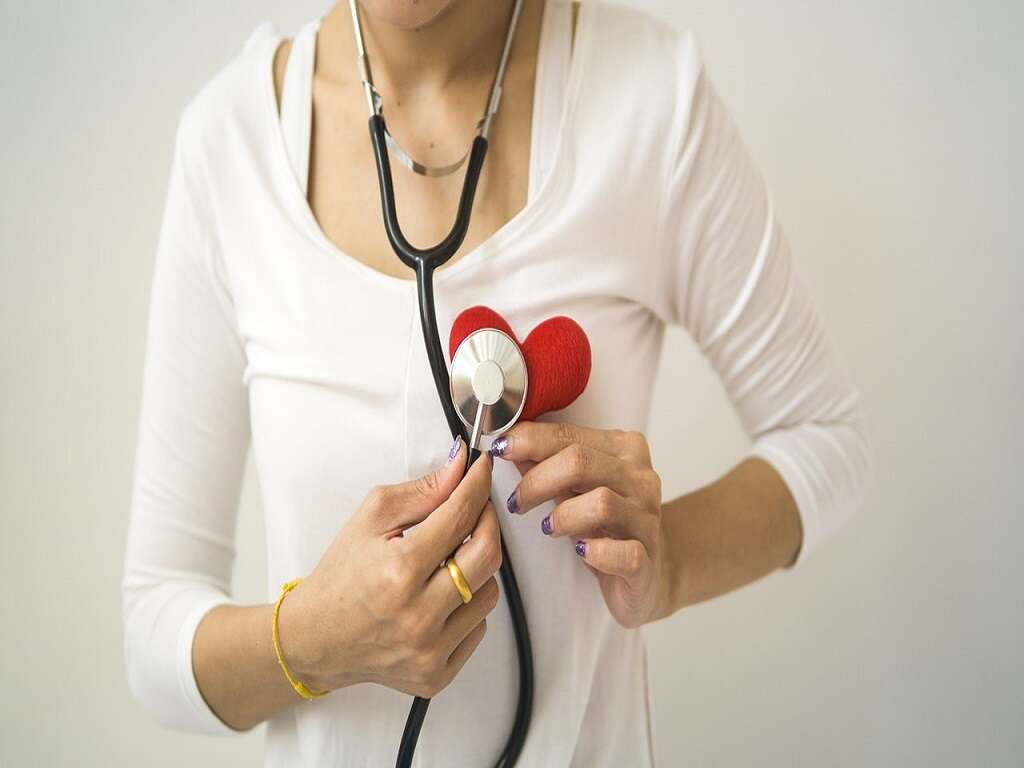What Is Cor Pulmonale?
 Article Sources
Article Sources
- 1. Biswas, Abhishek. Preventing the development of acute cor pulmonale in patients with acute respiratory distress syndrome: the first step. Annals of Translational Medicine vol. 4, 7 (2016). doi: 10.21037/atm.2016.03.18
- 2. Howlett, Jonathan G. Cor Pulmonale. Merck Manuals Professional Edition (2020). https://www.merckmanuals.com/professional/cardiovascular-disorders/heart-failure/cor-pulmonale
- 3. Leong, Derek et al. Cor Pulmonale. MedScape (2019). https://emedicine.medscape.com/article/154062-overview
8. Prevention
While some types of high blood pressure in the lungs are inherited or have unknown causes, others are due to diverse conditions such as COPD, sarcoidosis, polycythemia vera, and vasculitis. Thus, preventing pulmonary hypertension though knowing your family history and keeping your lungs healthy is a possible way to avoid the development of cor pulmonale.3Leong, Derek et al. Cor Pulmonale. MedScape (2019). https://emedicine.medscape.com/article/154062-overview
Although the use of mechanical ventilators keeps diseased air sacs open and allows them to heal, the technique also results in acute cor pulmonale in 25 to 50% of patients hospitalized for acute respiratory distress syndrome. Therefore, medical professionals can avoid inducing cor pulmonale by exercising caution when intubating patients.1Biswas, Abhishek. Preventing the development of acute cor pulmonale in patients with acute respiratory distress syndrome: the first step. Annals of Translational Medicine vol. 4, 7 (2016). doi: 10.21037/atm.2016.03.18
Advertisement











